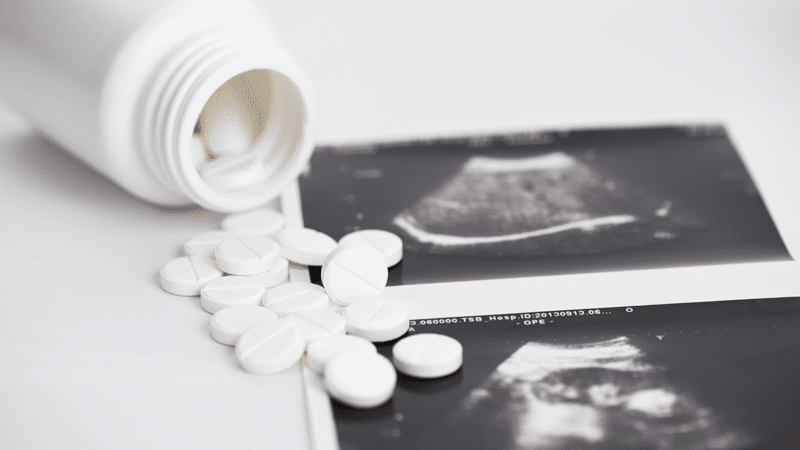The Church of England has said it opposes legislation permitting the use of DIY abortion pills becoming permanent.
Early in the pandemic, the Government introduced emergency measures that allowed women to take two tablets at home to induce an abortion. This was set to cease at the end of the pandemic or after two years – whichever came first – but ministers are now considering making the change permanent.
The Church originally backed the scheme on the basis that it would be revoked at the end of the set period.
Scheme
Responding to a lay member’s question, the Church’s Mission and Public Affairs Council Chairman, Mark Sheard, said it had told the Government in response to its consultation that the scheme “has had a negative impact on the health and wellbeing of women and girls accessing these services”.
Sheard added that the Bishop of Carlisle, the Right Revd James Newcome, had written to Health Secretary Sajid Javid saying that the Church wanted the scheme to cease at the end of next month.
Chemically-induced abortions involve taking two tablets. The first, mifepristone, is designed to kill the developing baby, and misoprostol then induces a miscarriage to expel the unborn child from the womb.a negative impact on the health and wellbeing of women and girls
Risks
Last year, a Freedom of Information request revealed that complications due to abortion pills had led to one in seventeen women in England taking them needing hospital treatment.
The investigation, led by independent public health consultant Kevin Duffy, was based on responses from 85 NHS Trusts in England, representing about 80 per cent of the population.
Commenting on the findings, Duffy said: “This is the disturbing truth of abortion care during the pandemic that has not been reported to the government by providers.”
Thousands of women require hospital treatment after DIY abortion pills
Surge in 999 calls for women taking DIY abortion pills
Nurse rebukes Govt after ‘excruciating’ DIY abortion experience


